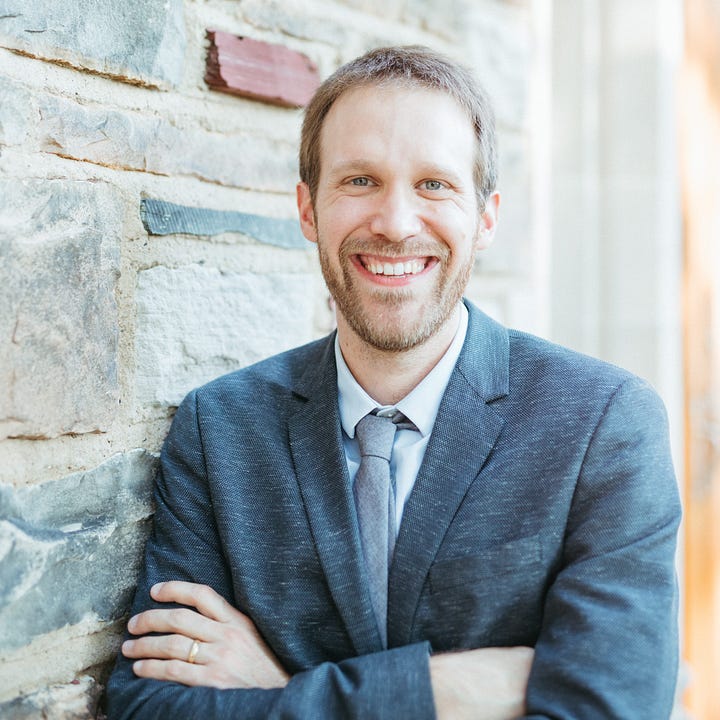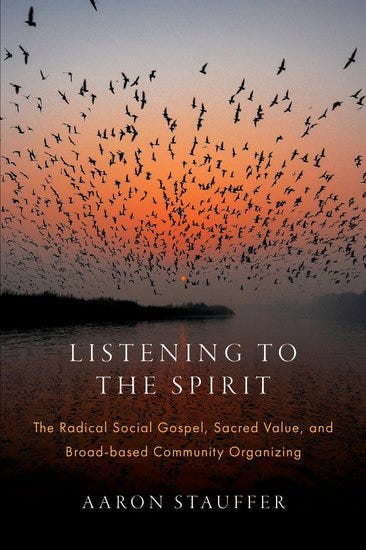Book Interview: Aaron K. Stauffer
I like to hold author interviews on my substack on recent book releases. Here is one with Rev. Dr. Aaron K. Stauffer who is currently the Director of Online Learning and Associate Director of The Wendland-Cook Program in Religion and Justice at Vanderbilt University Divinity School.


Tell us a bit about yourself?
For me, growing up, the church was the cen…
Keep reading with a 7-day free trial
Subscribe to Loving Life to keep reading this post and get 7 days of free access to the full post archives.



